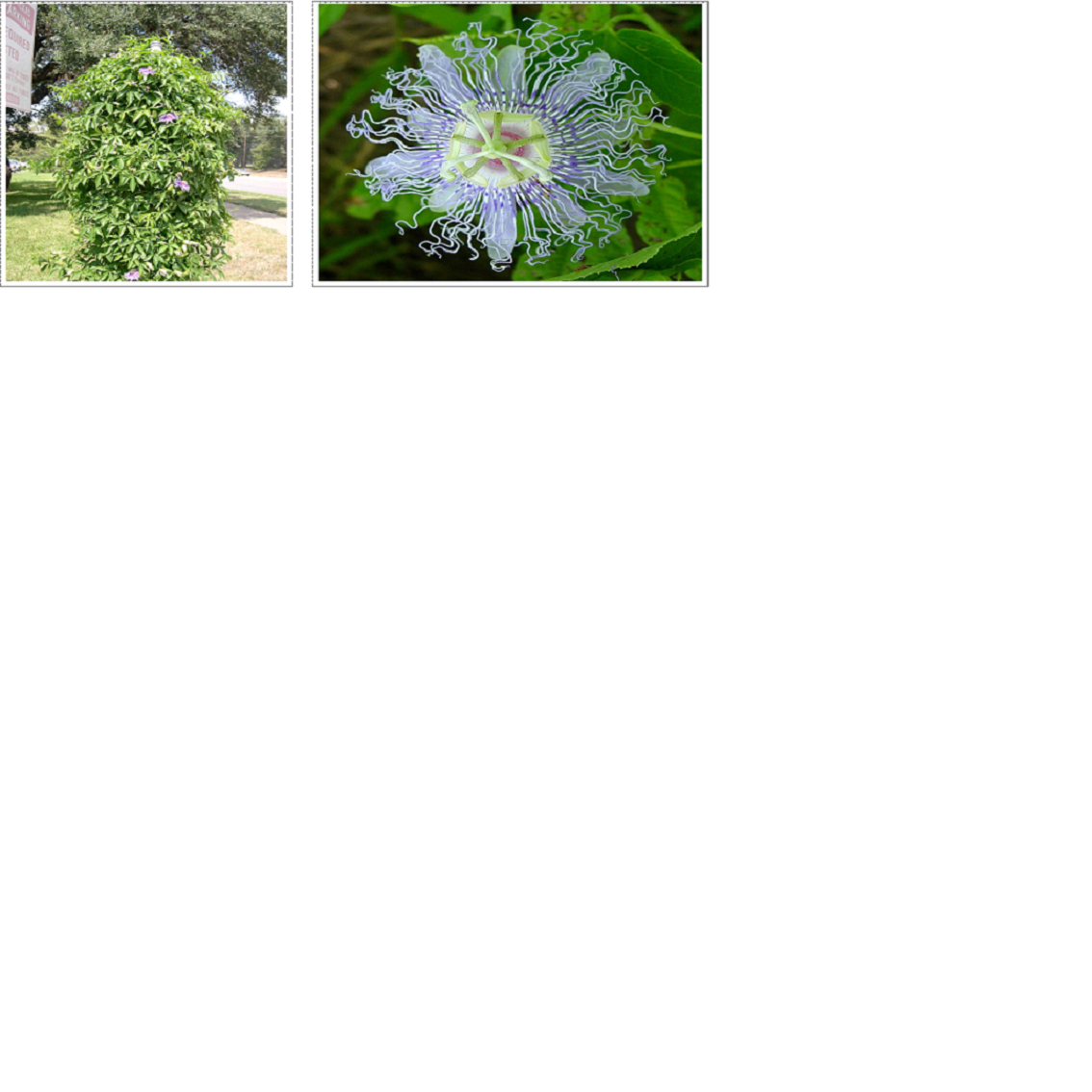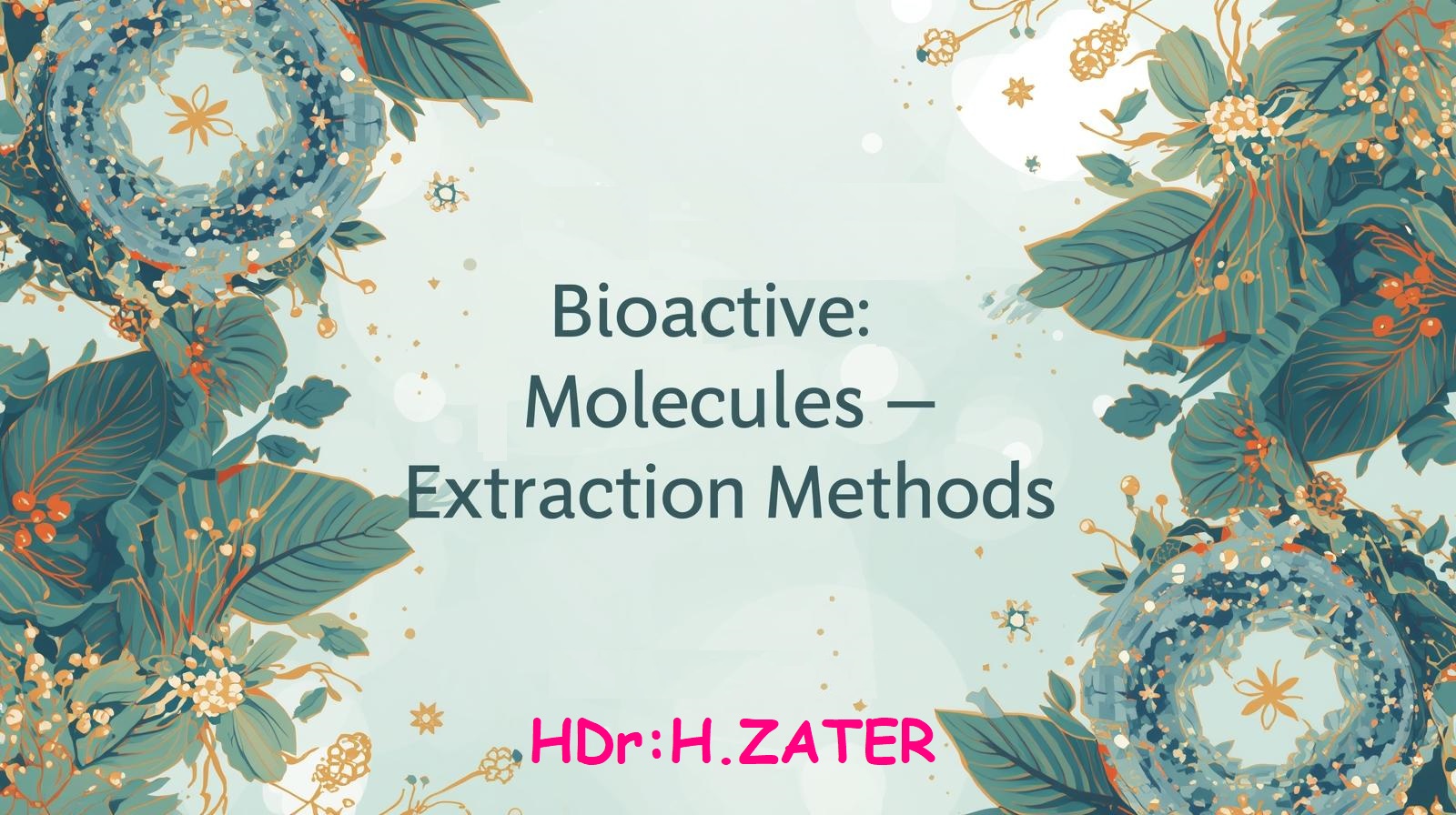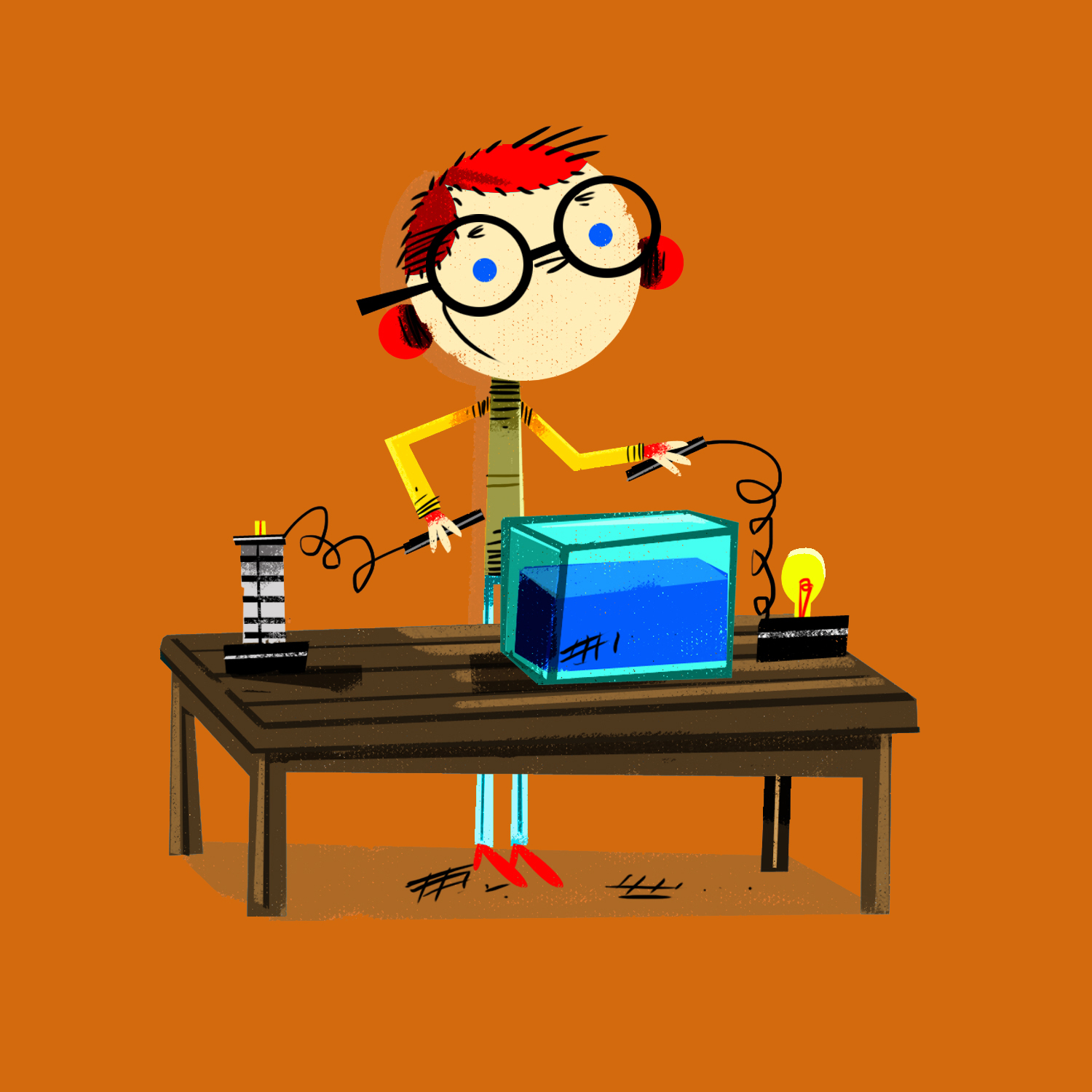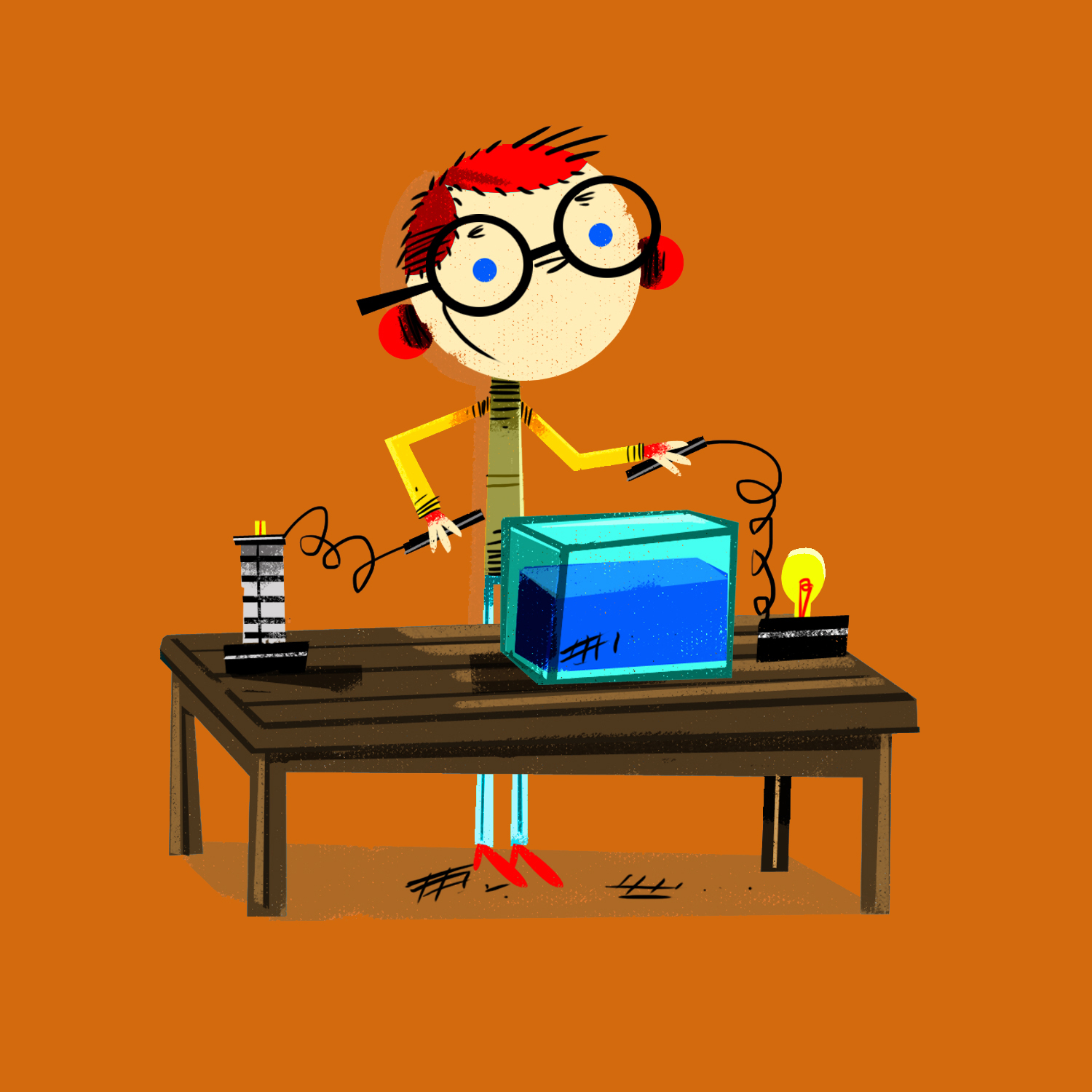Un médicament est :
« Toute substance ou composition présentée comme possédant des propriétés curatives ou préventives à l’égard des maladies humaines ou animales, ainsque toute substance ou composition pouvant être utilisée chez l’homme ou chez l’animal, ou pouvant leur être administrée en vue d’établir un diagnostic médical ou de restaurer, corriger ou modifier leurs fonctions physiologiques en exerçant une action pharmacologique, immunologique ou métabolique »
- المعلم: Saliha Saouli
Man has always been interested in plants, and the history of natural substances is partly identified with that of pharmacy, one discipline of which, pharmacognosy, studies poisons and natural remedies, or by extension most biologically active substances. Given the growing importance of better conservation of natural heritage.
This course is dedicated to Master 1 students, from whom it allows them to acquire knowledge of plants that contain active principles, as well as knowing about secondary metabolites and their different extraction and pharmacognosy methods. Another axis is also included in this module, it is the different methods of sterilization.

- المعلم: Zineelabidine Ababsa


